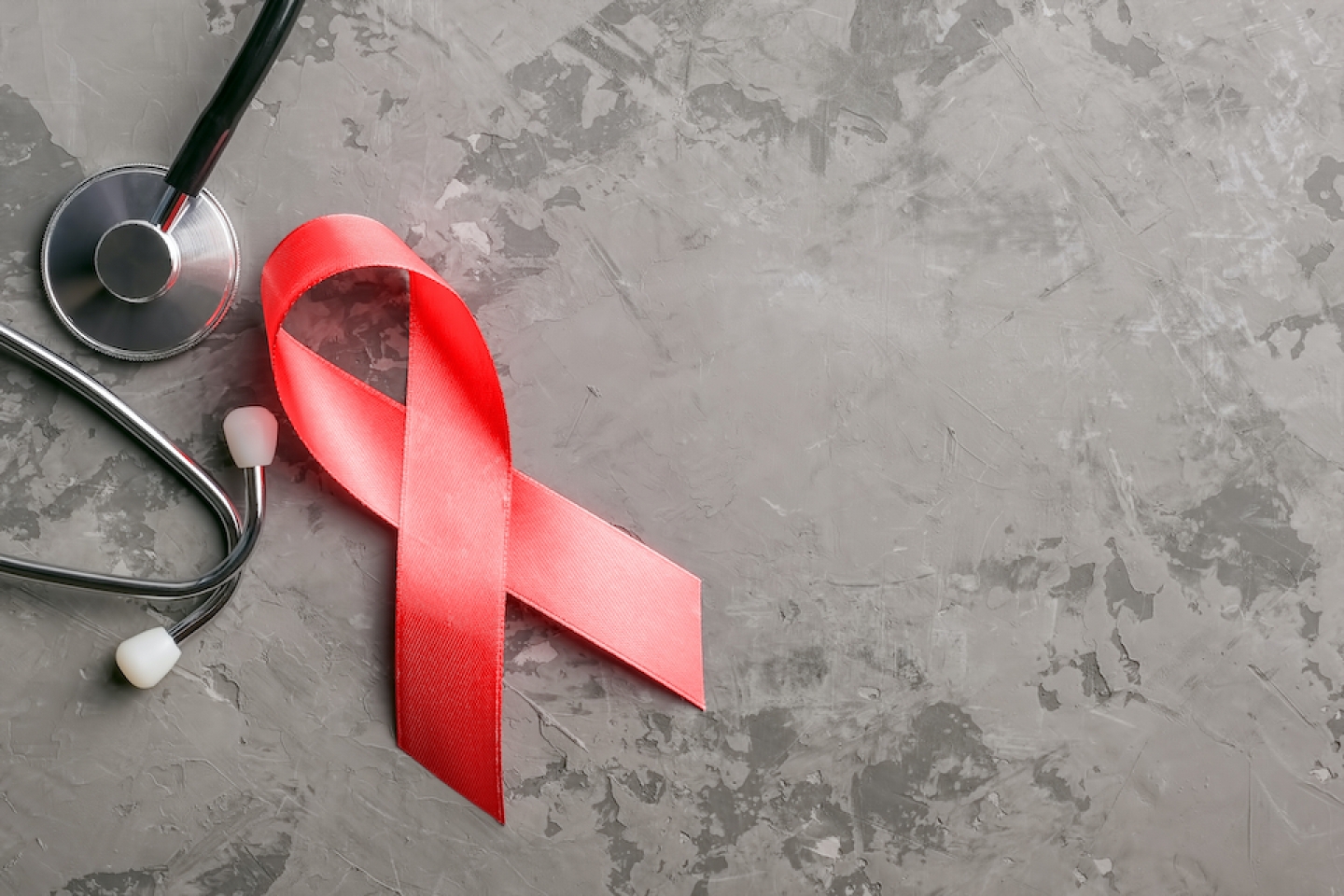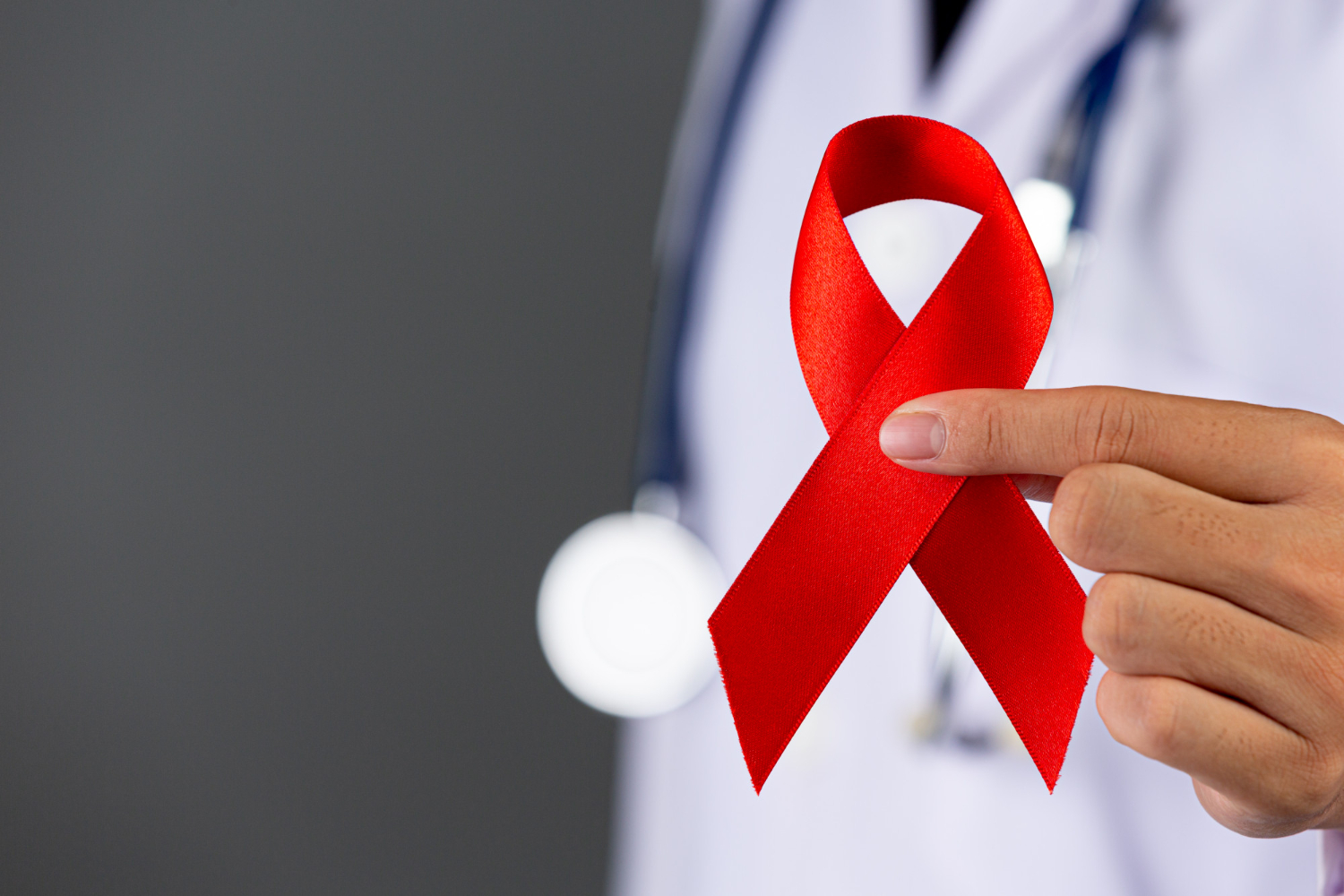HIV/AIDS Care Advancements - From Hope To Healing
In the ongoing battle against HIV/AIDS, the landscape of healthcare has witnessed remarkable transformations through HIV/AIDS care advancements. Over the years, dedicated research, medical breakthroughs, and global collaborations have paved the way for a more hopeful and effective approach to managing this complex and challenging virus.
Author:James PierceReviewer:Karan EmeryFeb 20, 202427 Shares6.7K Views

In the ongoing battle against HIV/AIDS, the landscape of healthcare has witnessed remarkable transformations through HIV/AIDS care advancements. Over the years, dedicated research, medical breakthroughs, and global collaborations have paved the way for a more hopeful and effective approach to managing this complex and challenging virus.
Let's get into detail about the most important changes in HIV/AIDS care. It talks about the success that has been made, the problems that have been encountered, and the bright future that people with HIV/AIDS have ahead of them.
Is HIV/AIDS A Serious Illness?
HIV/AIDS is a serious illness caused by a virus called Human Immunodeficiency Virus (HIV). This virus weakens the body's defense system, making it hard to fight off sickness. HIV spreads through certain body fluids like blood, sexual fluids, and breast milk. You can get it by having unprotected sex, sharing needles, or from an infected mother to her baby.
If not treated, HIV can progress to a severe stage called acquired immunodeficiency syndrome (AIDS). At this stage, the immune system is very weak, making the body vulnerable to infections and certain cancers.
Historical Perspective
HIV/AIDS started to affect people in the early 1980s, and it caused a lot of confusion and fear, especially among gay men in the United States. Scientists identified the virus responsible for AIDS, called HIV, in the early 1980s. It was discovered that HIV weakens the immune system by attacking certain cells.
Soon, HIV/AIDS became a global health crisis, affecting people all around the world. In the beginning, many people didn't understand how the virus spread, leading to more infections. There was also a lot of fear and discrimination against those with HIV/AIDS.
People started to take action in the 1980s and 1990s. Activists and advocacy groups worked to raise awareness about HIV/AIDS and to fight against the stigma. Medical advancements, like Antiretroviral Therapy (ART) in the mid-1990s, greatly improved the lives of people with HIV/AIDS.
Global organizations, such as UNAIDS and WHO, helped coordinate efforts worldwide to address the HIV/AIDS pandemic. They focused on prevention, treatment, and support programs. Understanding the history of HIV/AIDS helps us see the progress made and guides future efforts in fighting against the virus.
HIV/AIDS Care Advancements
- Psychosocial support services - Recognizing the importance of mental and emotional well-being, HIV/AIDS care now emphasizes psychosocial support services. Counseling, support groups, and mental health interventions are integrated into care plans to address the emotional challenges individuals may face.
- Nutritional and wellness programs - Proper nutrition plays a crucial role in managing HIV/AIDS. Advanced care includes tailored nutritional guidance and wellness programs to support immune health, manage side effects of medications, and enhance overall physical well-being.
- Adherence monitoring technologies - Technology has played a pivotal role in improving medication adherence. Mobile applications and digital tools help individuals track medication schedules, set reminders, and connect with healthcare providers, ensuring a more consistent and effective treatment plan.
- Telemedicine and remote monitoring - The use of telemedicine allows for remote consultations and monitoring of individuals with HIV/AIDS. This not only enhances accessibility to care but also facilitates regular check-ins and adjustments to treatment plans as needed.
- Community-based initiatives - Community-based organizations and initiatives play a crucial role in advancing HIV/AIDS care. These programs offer outreach, education, and support within local communities, fostering a sense of belonging and reducing stigma associated with the virus.
- Integrated healthcare services - Comprehensive care involves the integration of various healthcare services, including primary care, sexual health services, and preventive care. This approach ensures a holistic and coordinated response to the diverse needs of individuals living with HIV/AIDS.
- Health information systems - Advanced health information systems streamline patient care by centralizing medical records, facilitating communication among healthcare providers, and improving the overall efficiency of care delivery. This helps ensure that individuals receive timely and coordinated services.
- Cultural competency and sensitivity - Advancements in HIV/AIDS care include a growing emphasis on cultural competency and sensitivity. Healthcare providers are increasingly trained to understand and respect diverse cultural backgrounds, fostering trust and improving the quality of care.
- Targeted therapies - Researchers are exploring targeted therapies that aim to address specific aspects of HIV replication and infection. These therapies may offer more precise and effective interventions with fewer side effects.
- Co-infection management - Advancements in care extend to addressing co-infections, such as hepatitis C. Integrated treatment plans are designed to manage multiple health conditions concurrently, ensuring comprehensive care for individuals with HIV/AIDS.
- Aging and long-term care - With an increasing number of individuals with HIV/AIDS living into older age, specialized care for aging populations is becoming more prevalent. This involves addressing age-related health concerns, medication interactions, and promoting overall well-being in older adults living with HIV.
- Fertility and reproductive health - Advancements in fertility treatments and reproductive health options are tailored to individuals with HIV/AIDS. This allows for informed family planning decisions and ensures the safety of both parents and infants during conception and childbirth.
- PrEP and PEP - Pre-Exposure Prophylaxis (PrEP) and Post-Exposure Prophylaxis (PEP) represent proactive measures in HIV prevention and care. These approaches involve taking medications before or after potential exposure to the virus, reducing the risk of transmission.
- Support for vulnerable populations - Care advancements include targeted support for vulnerable populations, such as transgender individuals, sex workers, and those experiencing homelessness. Tailored outreach and culturally competent care contribute to improved outcomes.
- Education and empowerment - Ongoing efforts in HIV/AIDS care focus on education and empowerment. Empowering individuals with knowledge about their condition, treatment options, and prevention strategies enhances self-management and fosters active participation in care.
- Resilience and mental health promotion - Building resilience and promoting mental health is increasingly integrated into HIV/AIDS care. Strategies to cope with stigma, discrimination, and mental health challenges are prioritized, contributing to overall well-being.
HIV/AIDS Care Advancements - FAQ
What Is The New Technology For HIV Treatment?
Advance. IRP researchers led by Eli A. Boritz, M.D., Ph. D., and their collaborators at the University of California, San Francisco, developed a new technology called Focused Interrogation of Cells by Nucleic Acid Detection and Sequencing (FIND-Seq) to measure the activity of genes in cells containing latent HIV.
What Are The New Advancements For HIV?
A recent advance in treatment that has proven promising has been the advent of integrase inhibitors. The process by which the virus integrates its genome within the host chromosomal DNA is controlled by an enzyme called integrase. This protein is highly conserved across the Retroviridae family.
How Can You Know That You Are HIV-Positive?
The only way to know for sure if you have HIV is to get tested. You can't rely on symptoms to tell whether you have HIV. Knowing your HIV status gives you powerful information so you can take steps to keep yourself and your partner(s) healthy: If you test positive, you can take medicine to treat HIV.
Conclusion
The journey of combating HIV/AIDS has been marked by significant strides, and the realm of healthcare is witnessing a profound transformation through continuous HIV/AIDS care advancements. From the introduction of life-changing antiretroviral therapies to the exploration of innovative preventive measures, this progress signifies a beacon of hope for millions around the world.
While challenges persist, the collaborative efforts of researchers, healthcare professionals, and global initiatives inspire confidence in the ongoing fight against HIV/AIDS. As we navigate the evolving landscape of care, the promise of a healthier and more inclusive future for those affected by HIV/AIDS remains at the heart of these enduring efforts.

James Pierce
Author

Karan Emery
Reviewer
Latest Articles
Popular Articles
